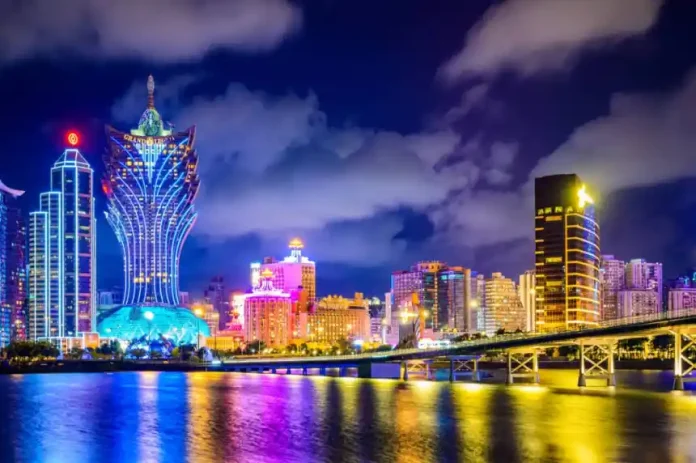In the Macao-Hengqin Youth Entrepreneurship Valley, young entrepreneurs chase their dreams. The aroma of coffee blends with the fresh scent of rain-soaked grass, creating a lively atmosphere. One such entrepreneur, Lei Zhen, is the founder of Nanometals Technology. He moved his company to Hengqin, recognising the advantages of the Guangdong-Macao In-depth Cooperation Zone. This zone, established by the government in 2021, has become a key hub for innovation. Moreover, it now houses nearly 6,500 Macao-invested enterprises, contributing to the local economy.
Since Macao’s return to China, the region has seen significant development. Central government support and stronger ties with mainland China have played a crucial role in this progress. For example, the opening of the Macao Bridge, linking the Macao Peninsula to Taipa, has improved transport efficiency and boosted the region’s economic activity.
Infrastructure and industry growth
In the past 25 years, Macao’s infrastructure has undergone vast improvements. With the introduction of cross-sea bridges and light rail systems, the city has transformed into a modern metropolis. As a result, Macao’s GDP grew from MOP 51.9 billion in 1999 to MOP 379.5 billion by 2023. Similarly, savings among residents have risen significantly during this time. This economic growth has been accompanied by a shift away from reliance on the gaming sector, with a growing focus on diversification.
Additionally, tourism has played a pivotal role in Macao’s economic transformation. Thanks to its unique blend of Chinese and Western cultures, along with rich culinary offerings and historic architecture, Macao has become an attractive global destination. To illustrate, the number of tourists increased from 7 million in 1999 to an impressive 32.5 million by 2024.
Boosting non-gaming industries
Furthermore, Macao’s economy is becoming increasingly diverse. In particular, the entertainment sector has boomed, with large concerts and cultural events growing in popularity. For example, in 2023, nearly 20 million people attended cultural and artistic events. The focus on diversifying beyond gaming has paid off, with non-gaming industries now contributing more than 60% of Macao’s GDP.
This shift is backed by government initiatives, which include supporting Macao’s participation in national programmes such as the Belt and Road Initiative. As Macao further strengthens its position within the Greater Bay Area, the city will continue to foster regional and international cooperation, enabling more sustainable growth for the future.
Regional integration and global opportunities
Thanks to the Guangdong-Macao In-depth Cooperation Zone, Macao has provided fertile ground for entrepreneurs. Huang Yin, the founder of Trendyi Health Technology, expanded her business to Hengqin, where she capitalised on Macao’s platform to connect with mainland pharmaceutical resources. This strategy allowed her to promote traditional Chinese medicine and culture to Portuguese-speaking countries.
Looking ahead, Macao’s increasing integration into the Greater Bay Area offers exciting growth opportunities. The city will continue to build on its advantages under the “one country, two systems” framework, allowing it to play a more prominent role in China’s national development. Consequently, Macao is strengthening its global connections, contributing to China’s broader development strategy.
